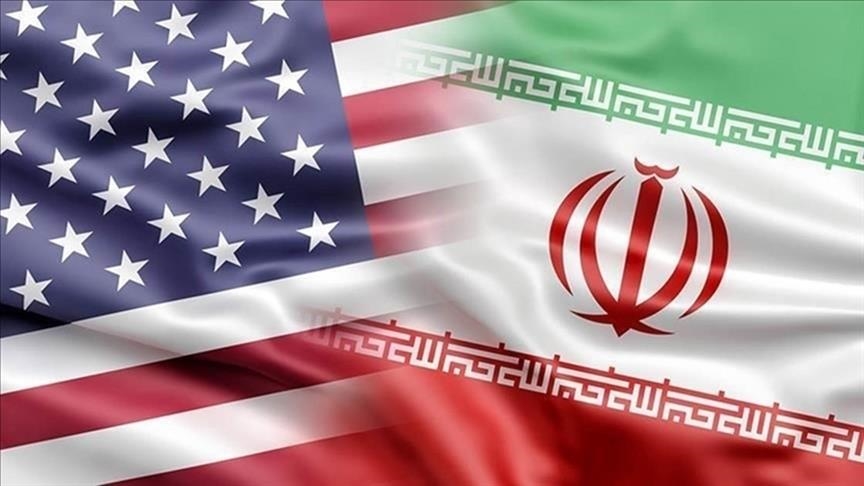ANKARA ( WNAM MONITORING ): The Trump administration is seeking direct nuclear negotiations with Iran, aiming to secure a sweeping deal that would dismantle Tehran’s nuclear program entirely, press reports said on Thursday.
If successful, the talks would mark the first sustained bilateral engagement between the two countries since Washington’s withdrawal from the 2015 nuclear deal in 2018, according to the Wall Street Journal.
“I think it goes faster, and you understand the other side a lot better,” said President Donald Trump on Thursday. “I know for a fact that I think they would like to have direct talks.”
A senior US official said the administration wants to avoid prolonged back-and-forth through intermediaries and instead pursue face-to-face discussions.
“This is about eliminating the threat—not managing it,” the official said.
Iran has not officially responded to the latest proposal.
However, officials in Tehran have indicated openness to indirect talks, potentially mediated by a third country.
A top adviser to Supreme Leader Ali Khamenei has signaled that direct negotiations may eventually be on the table.
Trump reportedly sent a letter to Khamenei last month, proposing a two-month deadline for reaching a deal.
The contents of the letter, confirmed by sources familiar with the matter, suggest Washington is determined to reach a swift resolution.
The administration is pressing for an outcome that goes far beyond the terms of the Obama-era nuclear accord.
While the previous deal allowed Iran to enrich uranium under strict limits, the Trump team is now demanding a complete halt to enrichment activities.
Tehran has long defended its program as peaceful and within its sovereign rights.
However, US intelligence recently assessed that Iran’s growing stockpile of enriched uranium could enable it to produce weapons-grade fuel in a matter of weeks.
To support its diplomatic push, Washington has also increased military deployments in the region.
Two carrier strike groups, along with F-35 fighter jets, B-2 bombers, and Patriot air defense systems, have been positioned in the Middle East.
Officials maintain these are precautionary deployments and not part of imminent attack plans.
US officials also point to Israel’s recent military actions, which have reportedly degraded Iran’s air defenses and weakened regional proxy forces.
“With Iran reeling from Israeli military strikes and a domestic economy in crisis, Trump senses an opportunity to pile further pressure,” said Michael Singh, a former National Security Council official.
Still, Iran retains considerable leverage.
The country is believed to be producing highly enriched uranium at a rate of approximately one weapon’s worth per month.
Experts warn that Trump’s two-month deadline could backfire, potentially triggering pressure on Washington to consider military options if talks fail.
On Monday, Khamenei warned: “If any vicious act is committed against Iran, they’ll receive a strong reciprocal blow.”
Iranian leaders have also said they would target US and Israeli forces in the region in the event of an attack.
No official negotiating venue or team has been announced, but Steve Witkoff, the administration’s special envoy for the Middle East, is expected to play a central role in any forthcoming talks.
Iran has insisted that it will never negotiate over its ballistic missile program, which it views as vital to national defense.
A former US defense official said that while a joint US-Israel air campaign could significantly damage Iran’s nuclear infrastructure, it would likely have to be repeated within a year if Iran rebuilt.
“There’s no easy off-ramp here,” said Richard Nephew, a former US negotiator. “Iran will try to buy time, and the US will have to decide how far it is willing to go.”


